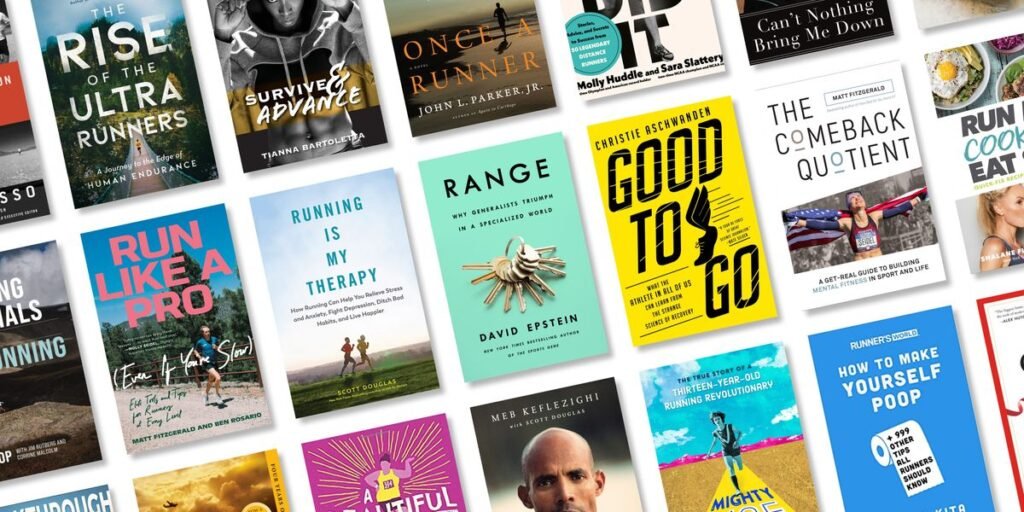Textbook Triumphs In the USA
Textbook Triumphs: Conquering the College Cost Conundrum
College textbooks: those dense, often intimidating volumes that hold the key to academic success. But let’s face it, the cost of textbooks can feel like a hurdle before you even start the race. Fear not, fellow scholar! This blog is your one-stop guide to navigating the world of college textbooks, from acquisition to mastery. We’ll explore strategies for finding affordable resources, develop a system for organization, and equip you with the tools to conquer those textbooks and ace your courses.
The Textbook Acquisition Arena: New, Used, or Rented?
The first battleground: acquiring your textbooks. Here’s a breakdown of the main options:
- Buying New: The classic approach. New textbooks offer pristine condition, the satisfaction of ownership, and sometimes include access codes for online resources. However, the initial cost can be a real blow to the wallet.
- Buying Used: A budget-friendly champion! Used textbooks can be significantly cheaper, often with minimal wear and tear. Look for previous editions that still cover the core material. However, be sure to check for missing pages or major revisions.
- Renting: A temporary solution for courses you don’t plan on revisiting. Renting allows you access to the textbook for a semester at a fraction of the cost. The downside? Highlighting or writing notes might be prohibited, and you’ll need to return the book in good condition.
Choosing Your Weapon: Now, how to decide which option is best for you? Consider these factors:
- Coursework Intensity: Do you need to refer back to the textbook often for assignments or future reference? If so, buying new or used might be better.
- Budget Constraints: Can you afford the initial cost of a new textbook? Renting could be a good temporary solution.
- Highlighting and Note-taking Preferences: Do you like annotating your resources? Renting may not be ideal.
- Textbook Editions: Check if earlier editions are sufficient for your course. Professors often highlight key changes in newer versions.
Finding the Best Deals: So, you’ve chosen your strategy. Now, let’s explore where to find these textbooks at the best price:
- The College Bookstore: Convenient, but often the most expensive option. Check for used book sections or rental programs.
- Online Retailers: Amazon, Barnes & Noble online, and AbeBooks offer a wider selection of new, used, and rented textbooks at competitive prices. Be sure to factor in shipping costs.
- Campus Buy-Back Programs: Many colleges have programs where students can sell back used textbooks at the end of the semester. This can be a great way to recoup some of your initial investment.
- Classifieds and Online Marketplaces: Platforms like Facebook Marketplace, Craigslist, and Chegg offer student-to-student textbook sales. Be cautious and verify the condition before buying.
Pro Tip: Price compare! Use textbook aggregator websites like ISBNdb or Textbook Price [invalid URL removed] to find the best deals across different retailers.

Beyond Acquisition: Mastering Your Textbooks
You’ve secured the resources, now comes the real challenge – mastering them! Here are some battle tactics to maximize your learning:
Active Reading: Don’t just passively absorb the information. Read with a purpose, question the text, underline key points, and summarize main ideas in your own words.
Effective Note-taking: Develop a system that works for you. Mind maps, outlines, or Cornell notes help organize information and identify key concepts.
Engage with the Material: Don’t just read, actively engage with the material. Apply what you learn by answering end-of-chapter questions, discussing theories with classmates, or creating your own practice problems.
Utilize Online Resources: Many textbooks come with access codes for online platforms that offer additional resources like practice quizzes, interactive exercises, and flashcards. Take advantage of these tools to solidify your understanding.
Form a Study Group: Collaborating with classmates is a powerful learning strategy. Discuss difficult concepts, challenge each other’s interpretations, and quiz each other on key points.
Embrace Technology: Use digital tools to enhance your learning. Consider apps like Evernote, OneNote, or GoodNotes for taking digital notes, highlighting electronic textbooks, and creating study guides.
Be Strategic with Highlighting: Don’t highlight everything! Focus on key concepts, definitions, and important details. Color-coding can further enhance organization and recall.
Develop a System: Designate a study space where you can focus without distractions. Create a schedule for textbook reading and incorporate spaced repetition techniques to retain information long-term.

Organize for Success:
Having a system for managing your textbooks will save you time, reduce stress, and make studying more efficient. Here are some tips:
- Categorize by Course: Dedicate shelves, bins, or digital folders for each course. This makes it easy to locate specific textbooks when needed.
- Label Everything: Label your textbooks with clear markings, including course name, professor, and semester. This helps differentiate between similar editions.
- Utilize Digital Copies: If available, consider e-textbooks. They are often cheaper than physical copies, lightweight, and searchable. However, some people find it difficult to focus on screens for long periods.
- Embrace Textbook Sharing: Share textbooks with classmates for courses with overlapping content. This can significantly reduce costs, but ensure everyone has access when needed.
Saving Strategies Beyond Acquisition:
- Interlibrary Loan: Public libraries sometimes offer interlibrary loan programs, allowing you to borrow textbooks from other libraries. This is a fantastic option for rarely used or expensive texts.
- Open Educational Resources (OERs): These are free or low-cost textbooks and educational materials openly licensed for use, modification, and distribution. Explore platforms like Open Educational Resources or your university library for OER options.
- Textbook Alternatives: Explore alternative resources like scholarly articles, online lectures, documentaries, and podcasts related to your course content.
Remember: Textbooks are valuable resources, but they shouldn’t break the bank. By being strategic in your acquisition, actively engaging with the material, and implementing effective organization techniques, you can conquer the textbook challenge and excel in your academic journey.
This blog is just the beginning! Explore additional resources on student budgeting, time management, and effective study habits to maximize your college experience. Remember, knowledge is power, and with the right tools and strategies, you can triumph over the textbook conundrum!